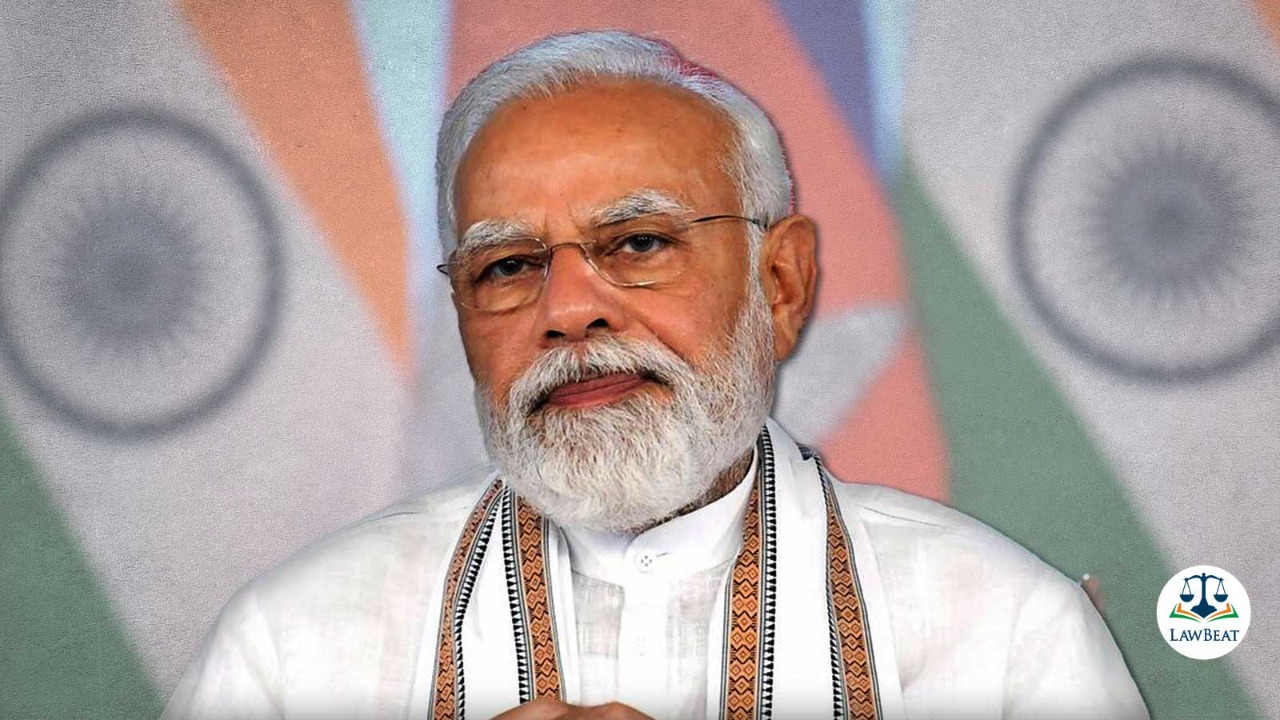Delhi High Court Dismisses Plea Against PM Modi For His Speeches

Court stated that it did not have the authority to dictate to whom the ECI should issue notices, emphasizing that the ECI cannot be expected to file an FIR before seeking a response
Recently, the Delhi High Court dismissed a plea seeking the initiation of a First Information Report (FIR) against Prime Minister Narendra Modi for alleged hate speeches. These speeches were reportedly made in Rajasthan and Madhya Pradesh. The plea argued that despite sending a notice to the BJP President, the Election Commission of India (ECI) had not taken any action against PM Modi.
The bench, presided over by Justice Sachin Datta, deemed the plea as ‘misconceived’ and lacking in merit. Court observed that the ECI was actively addressing the matter and emphasized that assuming inaction on the part of the election body was unwarranted.
During the hearing, Advocate Nizam Pasha, representing the petitioners, questioned why PM Modi was treated differently and why direct action was not taken against him. Advocate Suruchi Suri, representing the ECI, stated that the BJP had sought an extension to respond to the notice and assured that appropriate action would be taken if necessary.
Despite several complaints, the petitioner argued that the ECI had not taken effective action. The plea also raised concerns about perceived differential treatment, citing examples of other leaders who faced action from the ECI while PM Modi did not. It referred to PM Modi's speeches in Banswara, Rajasthan, and Sagar, Madhya Pradesh, where he allegedly made statements about the Congress party.
The court emphasized that it could not interfere in the ECI's proceedings and noted that the ECI was addressing the matter. The court concluded that assuming inaction by the ECI was baseless and reiterated the independence of the ECI in its decision-making process.
Accordingly, the court dismissed the plea.
Case Title: Shaheen Abdulla v Election Commission of India
